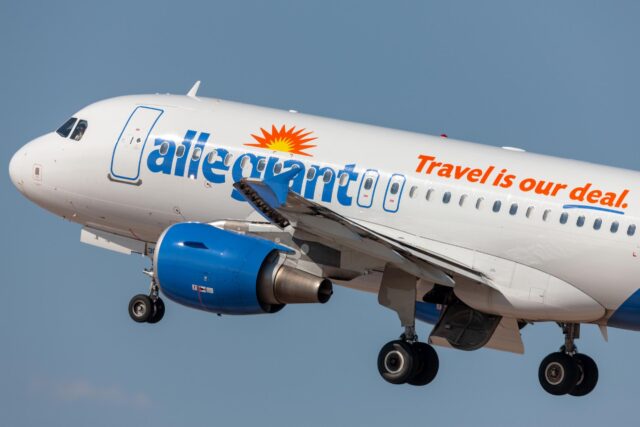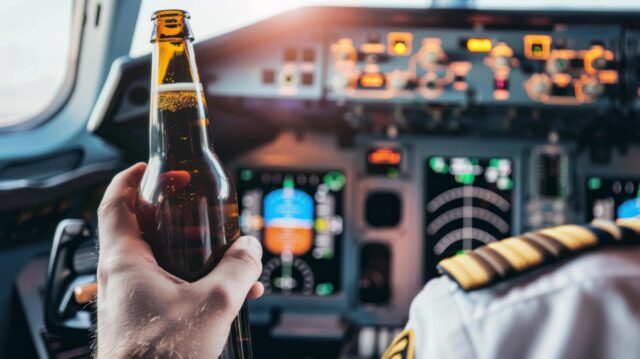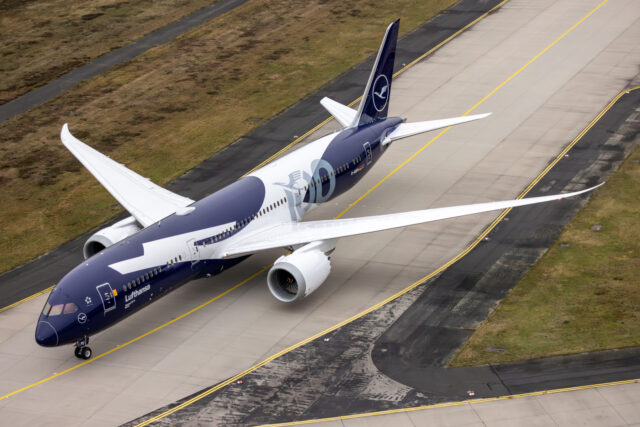EU–US trade deal spares aviation from new tariffs

July 28, 2025

The new EU–US trade agreement imposes a 15% baseline tariff on many European exports to the United States, however the aviation sector has secured a major exemption.
Under the deal, all aircraft and related components can continue moving tariff-free across the Atlantic, effectively reinstating a framework similar to previous WTO provisions.
For the aviation industry, the exemption is significant.
It ensures that airlines, manufacturers, and maintenance organisations avoid additional costs that could have disrupted supply chains, increased costs, or added delays to already lengthy order backlogs.
Positive reaction to EU-US trade deal
“Today’s deal creates certainty in uncertain times,” said EU chief Ursula von der Leyen.
“We have … agreed on zero-for-zero tariffs on a number of strategic products. This includes all aircraft and component parts.”
Airlines for America, the US trade association and lobbying group, reacted positively to the news.

“We are grateful that both the Trump Administration and the leadership of the European Commission understand the critical role aviation plays in facilitating global commerce and connectivity,” it said in a statement.
“As a result, they have agreed to zero-for-zero tariffs for all aircraft and component parts.
“The zero-for-zero tariff regime will grow jobs, strengthen our economic security and provide a framework for US leadership in manufacturing and safety.”
Industry associations had warned that tariffs on aircraft could have a significant impact on the industry.

Airlines, such as Ryanair, had been reevaluating their procurement processes and the aircraft on order with manufacturers in the United States.
Following the imposition of a 145% baseline tariff on Chinese imports, the effects were immediate and severe: a Chinese airline declined to accept new Boeing aircraft, and at least three planes were returned to the United States.
The US-EU deal also averts the possibility of a tariff escalation that might have seen duties as high as 30% on aircraft imports.
By removing that risk, the deal strengthens Boeing and Airbus.
How tariffs would impact an interconnected supply chain
“About €10.5 billion of US aircraft were sold to EU airlines and aircraft leasing companies in 2024 alone,” said consultants at Vinson and Elkins.
“Airbus is somewhat insulated as it has US manufacturing facilities for some of its narrow body aircraft, b part and component supply chains cross multiple countries and continents, and all wide body aircraft are made in the EU.”
It comes after the UK-US trade deal announced last month ensured the aerospace sector benefited from the removal of 10% tariffs on goods such as engines and aircraft parts.
The EU-US deal will calm nerves after a tense few months in which the threat of tariffs that could have crippled the transatlantic exchange of parts within the aerospace sector loomed large.
Some companies took the matter into their own hands.

Delta, for example, was reported to have been dismantling brand new Airbus A321neo aircraft parked in Europe, removing their American-made Pratt & Whitney engines and shipping them back across the Atlantic.
This allowed the airline to dodge a 10% import tariff imposed on European-built aircraft under the Trump trade policy.
















